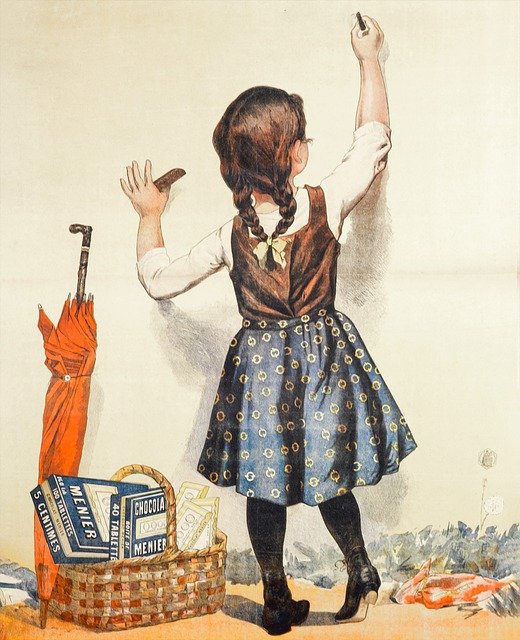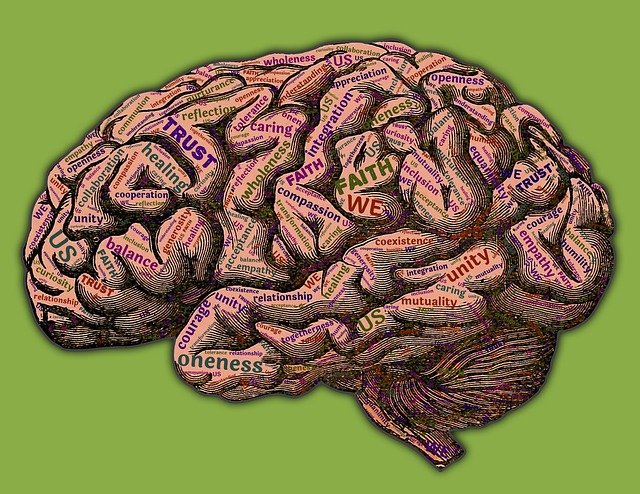
Consider music for children’s wellbeing… lockdown and beyond
The news is full of stories on how children in lockdown have been missing out on vital education in sports and arts. The education ‘catch-up’ tsar Sir Kevan Collins states that whilst children have shown incredible resilience and fortitude during the pandemic, subjects like art and music are ‘ … critical areas which have been missed in their development.”

Sir Kevan is hopefully aware of the long established and replicated empirical relationship between music and children’s wellbeing. To name but a few of these pathways to wellbeing, studies have show that musical activity:
Improves mood due to activation of emotion, memory and reward areas of the brain such as the amygdala and hippocampus, as well as pathways that distribute feel good neurotransmitters like dopamine (article)
Triggers mind and body activation (aka ‘arousal’) through stimulation of the nervous system (article), and may impact on immune response (article)
Promotes a sense of self identity, agency (article) and social belonging (article) especially amongst tweens and teens (article).
Can inspire creativity (article)
Since I was educated in England in the 1980s/90s, arts budgets have been cut and time spent on arts education in schools and in local authorities has been slashed. Clearly the issue of missing out on the arts is not only a pandemic issue, but one that needs addressing in society as we go forwards. I welcome any research that delivers a strong message about the importance of music in children’s lives.
In this regard, I have been discussing new research reported by the founder and artistic director of Apollo Music Projects, David Chernaik. Apollo Music Projects (AMP) brings live classical music to children who might not otherwise experience it. Over 15 years, more than 11,000 children have experienced the magic of live performance from classroom to a concert hall, culminating in the thrilling spectacle of a full orchestra in concert.
AMP have received hundreds of testimonies over the years about the positive impact of their music provision on children’s mood, attention and interest in music listening and education, from children, teachers and parents. Anecdotally, teachers and parents say the impact applies not just to music lessons but to all areas of the children’s wellbeing.
In 2018 AMP decided to explore this impact further. They carried out a targeted research evaluation project to understand children’s reactions during shared musical experiences.
I will continue to summarise below by quoting/ paraphrasing from their public report, which you can view by clicking on this link.
Methodology
In order to examine the impact of AMP’s programme on the wellbeing of children, they identified three intended outcomes:
- Development of an emotional connection with classical music
- Experience of emotional wellbeing, through engaging with AMP’s programme
- Feeling that classical music is accessible and available to them
They carried out evaluation at three points in their programme: the chamber orchestra workshops (COWs), the symphony orchestra concerts (SOCs), and the final in-school workshops.
Methods of evaluation included:
- Feedback in the form of free form writing and interview responses
- Facilitated feedback sessions with children (impressive numbers: across more than 20 different schools and in excess of 1,000 children)
- Spontaneous written testimonials
- Questionnaires: self designed by AMP. These were good, but I note that, as with many surveys, questions were often designed to collect positive feedback (i.e. the wording in the teachers’ questionnaire below focuses on good outcomes).
- Did the children find it enjoyable?
- Was the workshop delivered well?
- Did the workshop have a positive impact?
- Were the children engaged?
- Was the content interesting/ stimulating?
I enjoyed the questionnaire designed for the children to express their feedback after music listening concerts/ sessions:
- How much did you enjoy today’s workshop? (Circle one of 5 faces)
- How did you feel when the orchestra began to play? [text box]
- How did the music make you feel? [ text box]
- How would you describe the chamber orchestra workshop to a friend who had never been to one before? [text box]
- What do you remember most about the workshop? [text box]
- Is there anything that could make the workshop better? [text box]
- Please can you give the workshop a score out of 10? [text box]
Outcomes
AMP’s programme helps children to develop an emotional connection with classical music.
- 86% of participants articulate a clear and appropriate emotional connection to classical music.
- The majority of children demonstrate personal, emotional connections to classical music
Children experience emotional wellbeing through AMP’s programme
- Over 82% of children feel positive emotions when listening to classical music
- Over 53% of children feel calm/relaxed while listening to classical music
- Over 70% of teachers report a development in children’s listening and concentration skills as a direct result of AMP’s programme
- The positive emotions the children experience while listening to music are not directly caused by the emotional content of the music itself, but seem to be caused by the process of listening.
The programme enables children to feel that classical music is accessible and relevant to them.
- Teachers report that the programme introduces classical music as a language of communication within the classroom
- Teachers and students state that AMP’s programme is engaging
- Teachers and students report that children who participate in the programme are likely to pursue an interest in playing a musical instrument.
My favourite part of the report is the conclusion regarding unexpected impacts. David wanted to explore the ways that children concentrate when listening to classical music and connect to the emotion it portrays, but his research suggests a relationship between attention, emotion and wellbeing that was more fundamental than he had imagined: A positive emotional response arose through the act of attentive listening per se. Triggering concentration through guided music listening is a pathway to wider emotional wellbeing and the powerful psychological concept of flow.
In this interpretation, listening experiences with live classical music offer a focal point for young minds (as well as those of their carers and educators), even if only briefly, on the precious moment, the here and now.
These music episodes offer the chance to calm the frantic reflective and planning activities of the conscious mind and to free the pathways to the deep emotion and limbic systems. A moment to stop and to feel. No special prior training is required in order to experience this change in state, as our human response to engaging music is life-long and instinctive. Programmes like AMP facilitate and guide children along this musical pathway to wellbeing.
I will end with a video, a message of hope from David and a performance for you to enjoy if you feel like taking a moment to stop and feel. I wish AMP all the best with their work.
NOTE – the views in this blog are my own, I do not work with AMP and I have received no remuneration for this blog. Let’s take every opportunity to champion live music experiences for our children 🙂








